Federal and state energy ministers today released the Energy Security Board’s (ESB) final advice for a post-2025 market design for the National Electricity Market (NEM) but not all of the recommendations have been welcomed.
After a two-year consultation period, the ESB has made public proposed reforms designed to support the delivery of affordable and reliable power in the NEM beyond 2025.
The proposals seek to strengthen investment in dispatchable generation capacity, deliver essential system services, improve transmission and access arrangements and better integrate distributed energy resources (DER) like rooftop solar.
Included in the ESB’s proposals is a controversial recommendation for incentives to be provided to retain existing fossil fuel-fired power generation “for as long as it is needed to keep the system reliable”.
The “capacity mechanism” will require electricity consumers, via their retailer, to pay primarily conventional generators such as coal and gas plants not just for the electricity they actually generate, but also for the size of capacity installed in the power plant, irrespective of how often that capacity is needed to generate electricity.
Another controversial proposal recommends the creation of a “congestion management model” (CMM) that would result in charges for new generators connecting to the grid outside of designated Renewable Energy Zones (REZ).
CEC chief executive Kane Thornton said while the ESB’s proposed reforms to system strength and a roadmap for DER reform are welcome, the industry is particularly concerned about the CMM and capacity market proposals, saying both create further risk for investors.
“A capacity market could fundamentally change and distort the energy market and price signals for new investment,” he said.
“This would be further compounded should such a scheme ultimately subsidise existing coal plants and unnecessarily prolong the life of fossil fuel generation that is both high emitting and increasingly unreliable.
“Any subsidy for old coal would undermine confidence in new clean energy generation critical to delivering long-term energy reliability of supply, reducing emissions and supporting economic growth.”
Thornton said the CMM proposal would significantly change the nature of access to the electricity grid in a way that creates additional risk and uncertainty for investors and customers and will do nothing to deliver much-needed investment in transmission that is becoming a major barrier to a reliable and clean energy system.
The CEC said the “unhelpful” CMM and capacity market proposals come at a time where the risks and uncertainty continue to mount for clean energy investors, resulting in further stalling in rates of investment in 2021 – down 29% from 2020 levels and 70% on 2018.
“The proposal for a capacity market and CMM will make it extremely difficult, if not impossible, to achieve the investment in new generation and energy storage necessary to deliver a low-cost, zero emissions and reliable supply of electricity for customers,” he said.
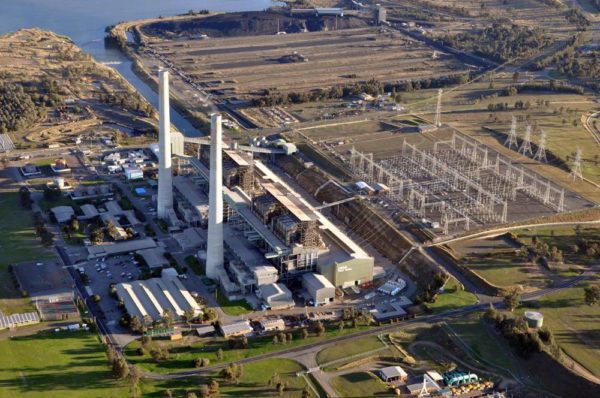
Image: AGL
The Australian Energy Council (AEC) also raised concerns about the development of a capacity mechanism with chief executive Sarah McNamara warning it needs to be approached carefully.
“We have consistently said that ministers need to take time to ensure any capacity mechanism brought forward is fit for purpose and does not lead to unintended consequences,” she said.
“With the dramatic shifts under way in the electricity sector it is critical any reforms focus on security of supply, avoid disorderly closure of existing capacity and, at the same time, do not impede the energy market’s transition to lower emissions generation.”
Smart Energy Council (SEC) chief executive John Grimes was less accommodating, urging all state and territory governments to reject what he labelled the “Morrison Government’s pro-coal, anti-solar agenda”.
“These are the worst possible policies at the worst possible time,” Grimes said.
“The world is literally burning and the Morrison Government is fuelling the fire.
“The latest United Nations climate report has provided the starkest warning yet that we must stop funding coal projects and instead dramatically increase support for solar and the Morrison Government is heading in the exact opposite direction.
“Energy Ministers should urge Federal Energy Minister, Angus Taylor, to go back to the drawing boards and develop an energy and climate change policy for the 21st Century, ahead of the critical COP26 international climate change meeting in November 2021.”
Energy ministers will meet in September to agree the final package of reforms which will be provided to National Cabinet for consideration in October.
This content is protected by copyright and may not be reused. If you want to cooperate with us and would like to reuse some of our content, please contact: editors@pv-magazine.com.
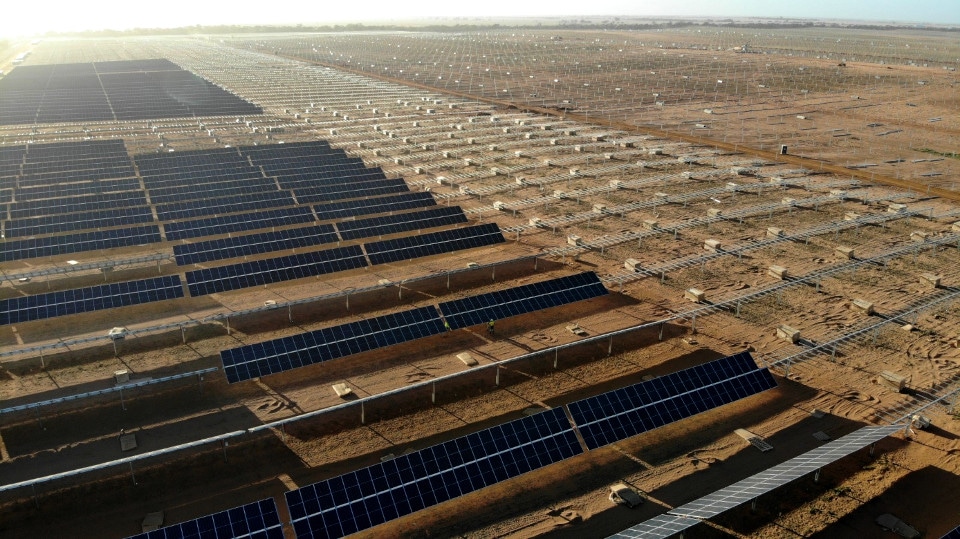



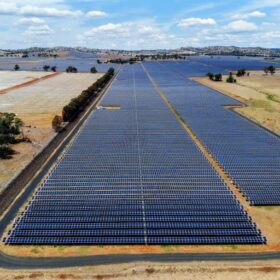
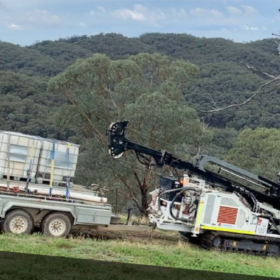
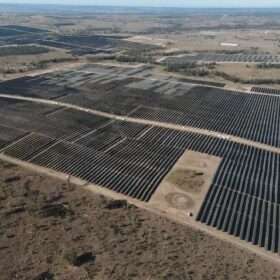
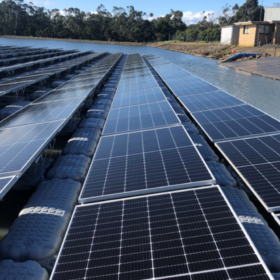
2 comments
By submitting this form you agree to pv magazine using your data for the purposes of publishing your comment.
Your personal data will only be disclosed or otherwise transmitted to third parties for the purposes of spam filtering or if this is necessary for technical maintenance of the website. Any other transfer to third parties will not take place unless this is justified on the basis of applicable data protection regulations or if pv magazine is legally obliged to do so.
You may revoke this consent at any time with effect for the future, in which case your personal data will be deleted immediately. Otherwise, your data will be deleted if pv magazine has processed your request or the purpose of data storage is fulfilled.
Further information on data privacy can be found in our Data Protection Policy.